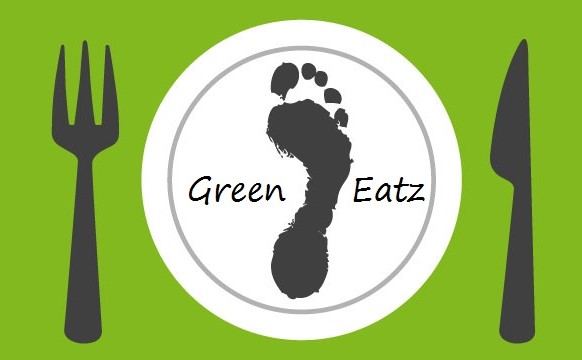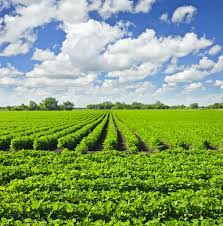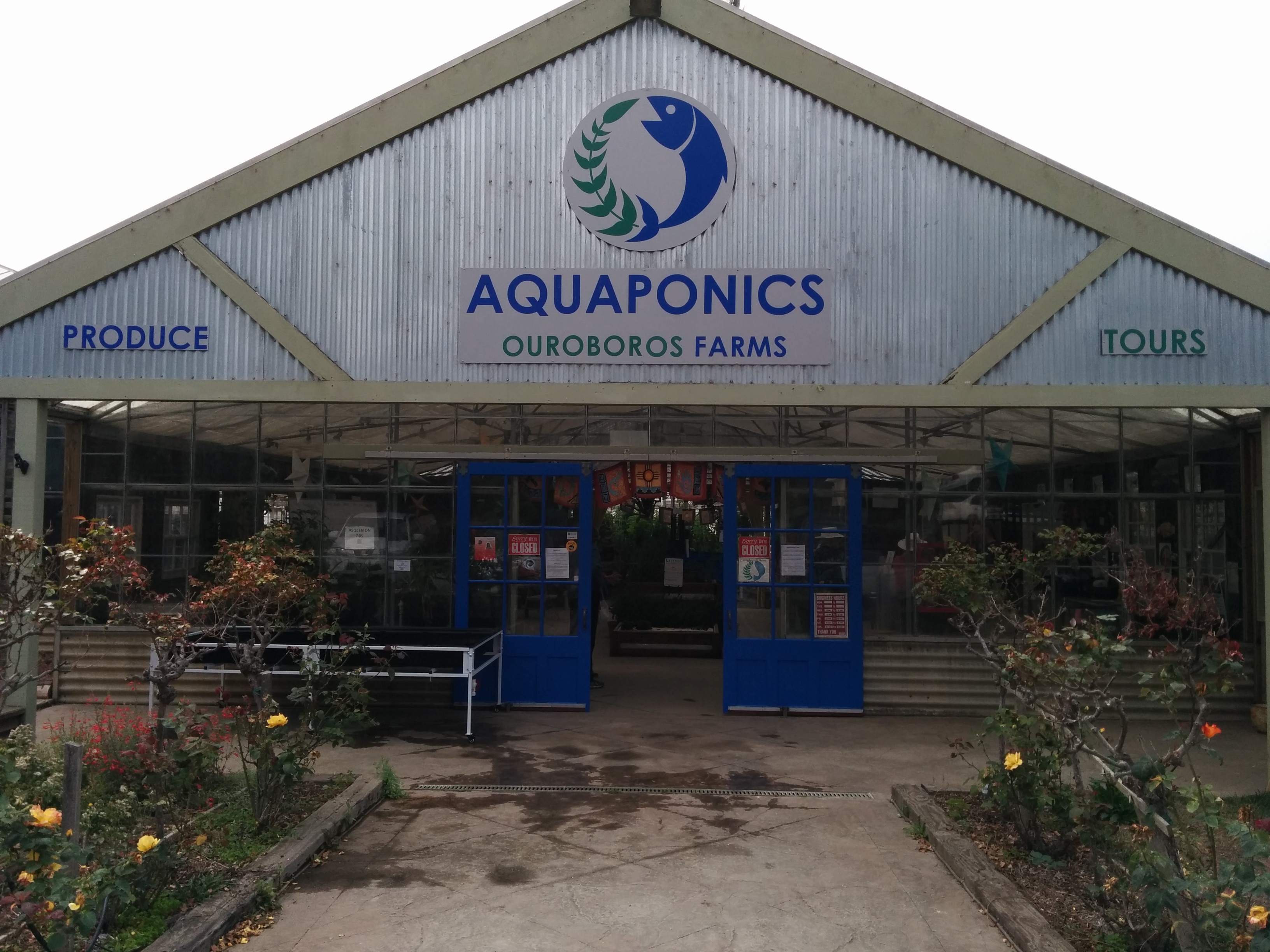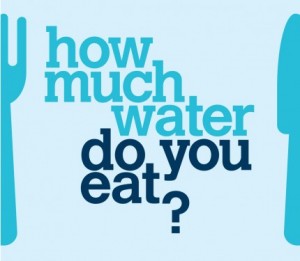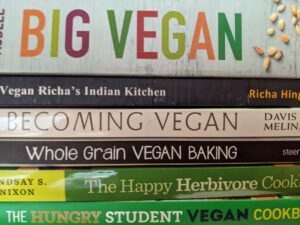Making Sustainable Food Choices for a Greener Environment
Where does your food come from? And how can you make the best choices for the sake of our planet? In Follow the Food Chain, Green Eatz examines the main sustainability issues for you to consider.
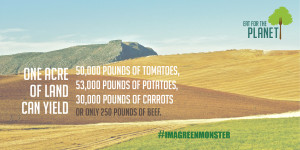
Copyright: One Green Planet
Land Use
Growing crops, such as grains, fruits and vegetables, is the most efficient method of providing food for us all. One acre of soybeans provides 356 lbs of edible protein compared to just 20lbs if beef cattle are raised on the same amount of land.
Worldwide, 40% of wheat, rye, corn and oats is fed to animals.
Fertilizers and Pesticides
It takes 33,000 cubic feet of natural gas to produce one ton of fertilizer. And China alone emits 14 million tons of carbon dioxide from fertilizer production facilities. By 2010, over 130 million tons of nitrogen-based fertilizer was being used across our planet. This provides over half of the world’s fertilizer needs, but at what cost? These fertilizers cause nitrate contamination of our waterways, dead-zones in the oceans and high emissions of nitrous oxide, a potent greenhouse gas. They are also responsible for decimation of the honey bee population, necessary for pollination of many fruits and vegetables.
Pesticides are also heavily reliant on fossil fuels for production and are also mainly made from petrochemicals. Every year, 4.6 million tons of pesticides are sprayed on our crops across the globe. In the US alone, there are 67,000 cases of human pesticide poisoning annually. Find out which are the safest, cleanest fruits and vegetables at Eat Organic, Drink Clean.

Copyright: Ecowatch
Genetically Modified Crops
Genetically modified organisms or GMOS are seed crops that have been manipulated to be resistant to a particular pesticide. In Monsanto’s case, their GMO crops are treated with the infamous RoundUp pesticide, recently labelled a ‘probable human carcinogen’ by the World Health Organization. Widespread use in the US has led to a plague of resistant ‘superweeds’ that are infesting over 60 million acres of land.
Further research is bringing us more bad news on GMO crops. RoundUp has been linked to birth defects, antibiotic resistance, organ damage and hormonal problems. And the even worse news, some common foods such as honey, soy sauce and flour are contaminated with RoundUp or its main ingredient glyphosate. Do you think GMO foods should be labelled?
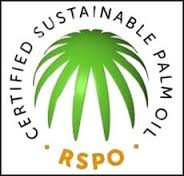 Deforestation
Deforestation
Palm oil is the number one vegetable oil in the world. It’s a healthy fat and is in demand by the processed food manufacturers for your cookies and candies. And of course it’s in many other products such as cosmetics, shampoos and detergents. Rainforests and peatlands are destroyed to make way for palm oil plantations. Bad news for the orangutans but also for the planet – it is estimated that this destruction is responsible for 8% of global greenhouse emissions.
70% of the clearing of the Amazon rainforest is to raise beef cattle. And those cows eat enough food to feed 9 billion people! Yes, growing crops that are fed to animals is a very inefficient use of our precious land resources.
